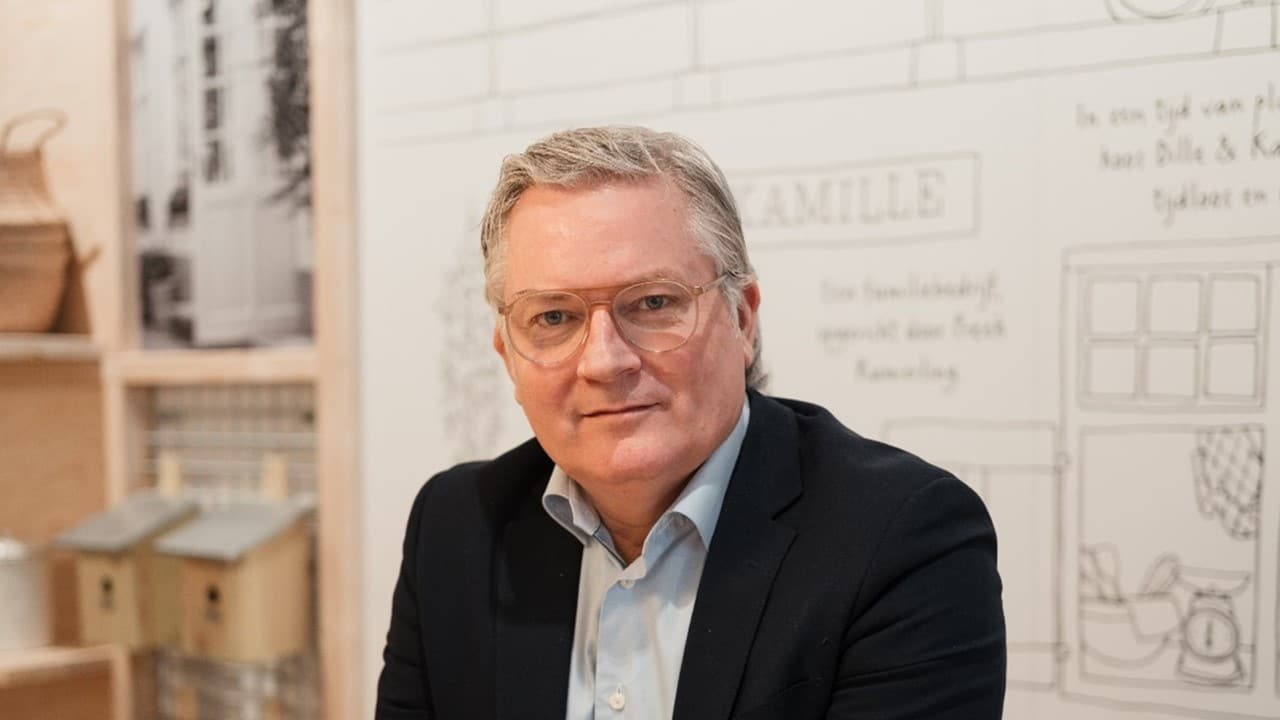Sustainability is in our company’s genes. The founder (Freek Kamerling) taught us to look at the market and products in a certain way: to offer a counter-reaction to the emerging throwaway society with ‘natural simplicity’. That is where our vision and mission begin and how we put this into practice. I strongly believe in ‘learning by doing’. Achieving our goals does not happen in 1 big step, but in small achievements. And that is what we have been working on for the past 10 years.
We follow a two-track policy. First, we have reduction targets. About 95 percent of the reduction challenge is in our products. We therefore work together with our chain partners and suppliers to achieve CO2 reductions. We are also prepared to invest if it can really be better and greener.
Second, we have compensation. We agreed with the company and with the family that we want to do as much good as our negative impact by 2027 at the latest. We know through measurements what our footprint is, and what we are therefore ‘doing badly’. ‘Doing good’ is very broad for us and is, as far as I am concerned, ‘green and red’. So not only ecologically (green), but also with the heart (red). Ultimately, our ambition is to do more good than bad. In this way, we make our sustainability policy very concrete.

Yes, I believe so. During my career I have learned that you can make up the biggest strategies, but everything tends to be an evolution rather than a revolution. So, yes, my most important lesson during my career has been: good can always be better, but take a step-by-step approach and learn along the way. Off course, you need to have a clear picture of your end-goal that everybody shares with you.
The funny thing is, when you’re in such a situation and you look back 5 or 10 years, you’ll see how much the organization in fact has changed. Take, for example, our ICT. Where we had hardly anything in 2013 – from working without barcodes and limited registration -, 10 years later we are a full-fledged retailer with all the right ICT components. Do you think that is too slow and would you rather have done it in 3 years? Then it probably wouldn’t have even worked! If you want to go too fast, you are asking too much of people.
That does sometimes create friction. If you sell new stuff, you have to be careful in your statements and certainly not shout that you are 100% sustainable.
Truly sustainable living still means not buying things, buying second-hand, and borrowing. We try to be the ‘Next Best Thing’ and offer a range so that if you do buy something new, you buy something that is of good quality, sustainable, and has all kinds of quality marks that support that.
Yes, we do try to entice consumers to make more sustainable choices. I always give the example of shampoo bars. We introduced that product about 6 years ago and we now sell hundreds of thousands of them. A shampoo bar quickly saves 1.5 to 2 bottles, which means you save a huge amount of plastic.
This example fits Dille & Kamille very well: small things with which you can show consumers that things really can be done differently.
Every choice is carefully considered, and we can increasingly include ‘natural living’ values in our decision-making. In all honesty, it is still sometimes a difficult decision. A good example of how different interests are weighed up is our felt assortment. That felt is made in Nepal, from wool that often comes from New Zealand. Felt is truly a craft in Nepal. In doing so, we also provide employment for a group of more than a hundred women, in a generally very masculine society where women usually do not have their own income. Socially, we are doing quite well there and that is why we continue with this. In terms of sustainability, you can also have your wool and felt made on Texel, then you save a lot on transport. But then you also get products that are no longer affordable. And that is also a bit of the problem with retail. So for us it is important that we continue to do the right things socially.
We started this based on gut feeling, but we are increasingly better at calculating everything properly. We are not yet at the point where we can express the positive social impact in Nepal entirely in euros, for example, but that will happen one day. This also gives ‘natural life’ an increasingly factual voice in decision-making.
For about 8 years we have been selling a special North Pole animal pendant for the Christmas tree. We sell about 30 thousand of them every year. The largest part of that profit goes to the World Wildlife Fund, with which they finance a part of their climate program. That is typical for Dille & Kamille. Very small, but also with a positive impact.
This year is also the third Green Friday, instead of Black Friday. In 2022 we decided to really make a counter-voice heard by closing on Black Friday. And that also fits in perfectly with Dille & Kamille. Not just talking about sustainability, but actually doing it. ‘learning by doing’!